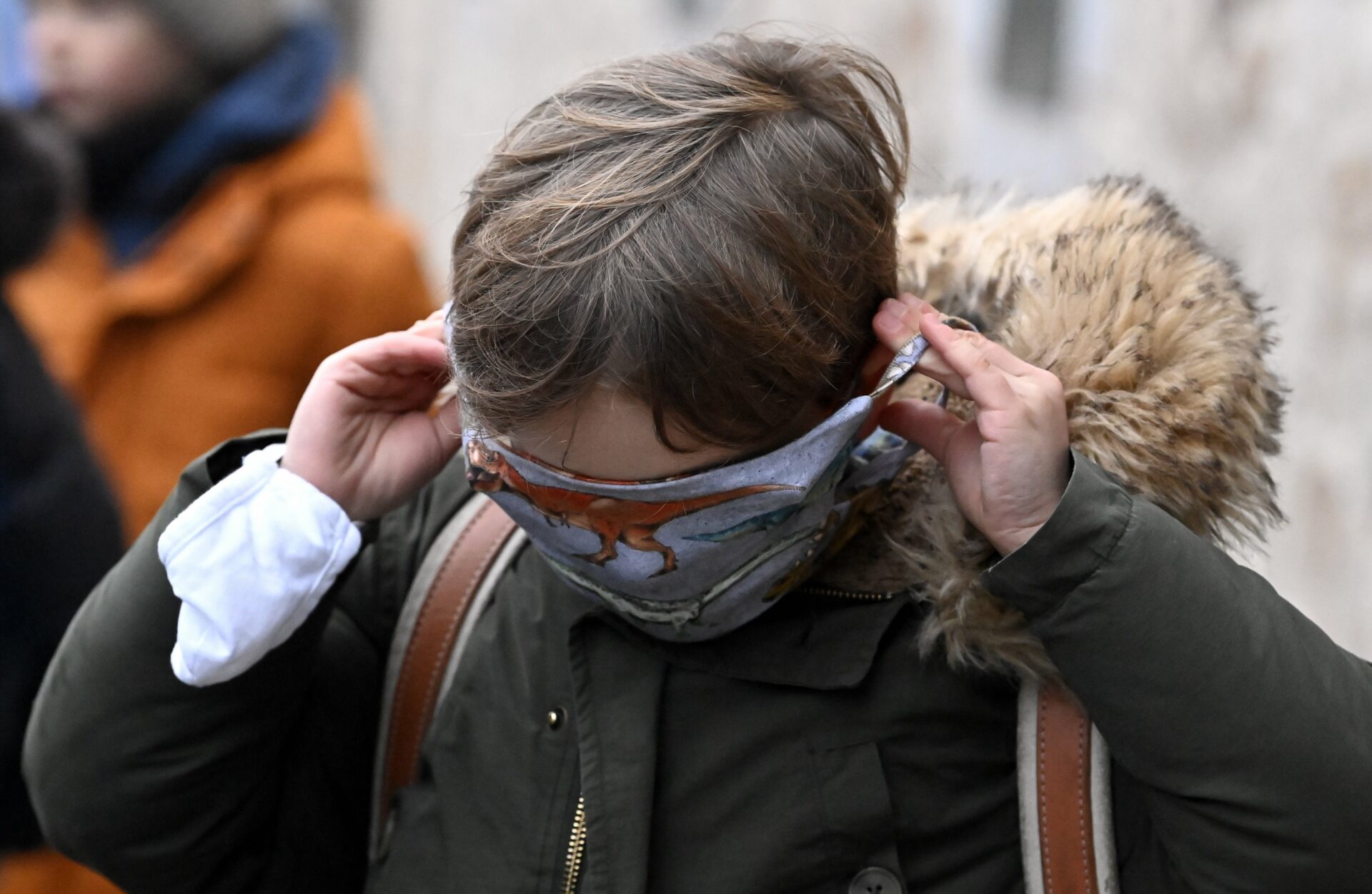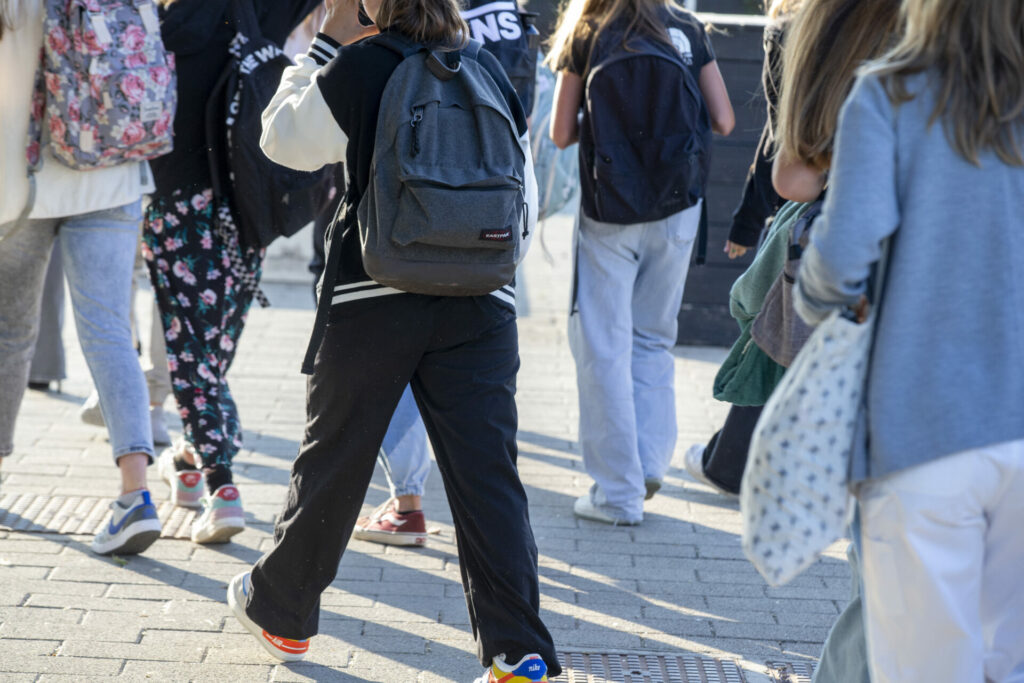Though long recognised as the two major concerns in Flemish education, the chronic teacher shortage and falling student performance have not yet been reversed but instead are growing. A study has now confirmed that schools most impacted by teacher shortage have also taken the biggest hit to academic performance.
There is a "strong correlation" between primary school teacher shortages and the outcomes of inter-diocesan tests (IDP) – the standardised tests taken by pupils at the end of the fourth and sixth grades. This is the key conclusion of the third annual survey carried out by education economists Kristof De Witte and Letizia Gambi (KU Leuven), which found pupils' knowledge of Dutch and Maths declined as a result of unfilled vacancies.
"The teacher shortage is the biggest threat to the quality of education," said Lieven Boeve, director general of Catholic Education Flanders, the umbrella organisation of these schools in Flanders. He has repeated this warning several times since 2019: "This is the message that we've been sending for a long time and the distress signals get louder every year."
Compounding learning delays
Learning achievements are declining in all subject areas excluding "humanity and society" – a trend registered at the start of the pandemic and that grows worse each year. The study showed that the delay is most pronounced in the test results for Dutch, where the average student accumulated about 15 learning weeks of learning delay compared to 2019. Interestingly, the decline is even more pronounced among the strongest students.
For French, this delay measures around nine lesson weeks, followed by five for Maths – a subject area in which there was a slight turnaround in 2021 – and four for Science and Technology.
"If pupils do not master fundamental knowledge, skills and attitudes at the end of a grade, a considerable amount of teaching time has to be spent in the following grade on remediation and automation of subject matter that should already be known. This leaves less time for new learning material, resulting in increasing learning delays," De Witte explained.
Sharp increase in unfilled vacancies
This year was the first time that the study also examined the impact of the teacher shortage on learning performance. In 2022, the number of schools with a teacher shortage grew rapidly, with schools now taking an average of 11 weeks to fill vacancies (compared to seven in the 2020-21 year).
"Since the beginning of the pandemic, we have observed an increase in the number of absent teachers (e.g. due to illness, burnout) in schools. Due to the increasing need for replacements and the general tightness in the labour market, we observe a sharp increase in unfilled vacancies in the last two years," De Witte said.

Researchers observed a sharp increase in unfilled vacancies since the pandemic, which has negatively impacted pupils' test results. Credit: Belga/ Eric Lalmand
The shortage is not distributed at random across schools but instead there is a correlation between teacher shortage and the pupils' socio-economic status. "Schools that have many children with less educated mothers or a different home language have more vacancies that remain open."
The researchers found that when an average primary school with 13 teachers cannot fill a vacancy, it leads to a learning delay that is the equivalent of 2.1 teaching weeks in Dutch and 2.6 teaching weeks in Maths.
Inexperienced staff
As well as teacher shortages, the experience of the existing staff plays a major part in academic performance. The study found the average decline in learning performance is significantly higher in schools where a proportion of teachers have less than 10 years of experience. The opposite was observed in schools with more experienced teachers.
This highlights the importance of investing in the profession and the need to support existing teachers, alongside encouraging new staff to join the profession. Boeve repeated his call for teachers with master's degrees to also be paid more in primary education. "We must keep the teachers we have by rewarding their strengths and ambitions and breaking the flat teacher career path."
In response to the study, Flemish Education Minister Ben Weyts referred to the structural measures he had already taken, and that these were "gradually starting to bear fruit."
"There is a record number of lateral entrants, more enrolments in teacher training courses, more and more schools making use of the new teacher bonus. We are working on further measures in consultation with education partners. In the meantime, we call on everyone to positively help market education as a recruiting sector that attracts more and more people."

